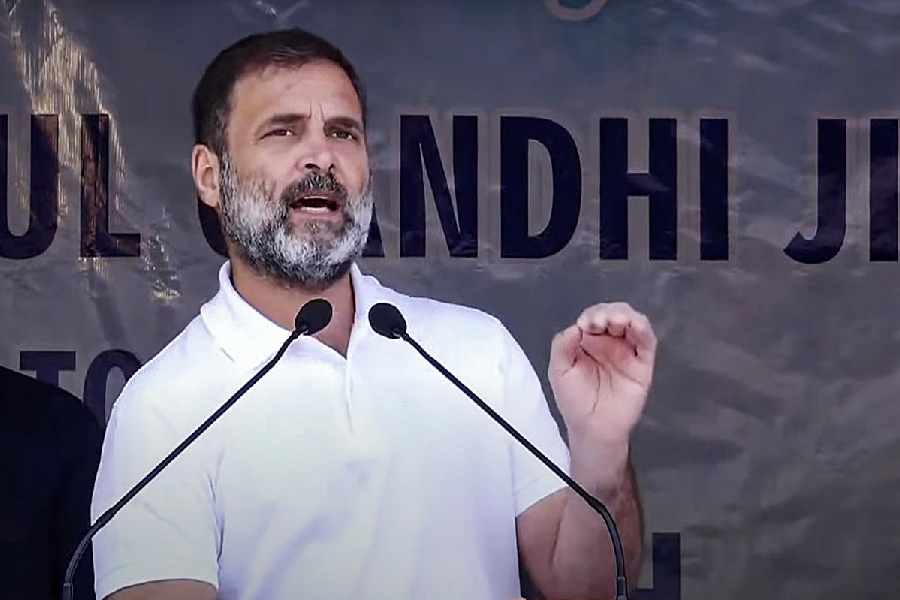At a time when the government of the day responds to searching questions with evasiveness or whataboutery, a refreshing dialogue — the kernel of democracy — took place in Kargil. During his recent visit to Kargil, Rahul Gandhi was asked by a young resident what the Congress leader could do to change the situation confronting Muslims in New India. Mr Gandhi responded by saying that Muslims, along with other minorities, were under assault and added that he and his party were sensitive to any form of discrimination against any community. Mr Gandhi’s answer may or may not have struck a chord but there is no denying the legitimacy of the enquiry. The everyday experiences of besieged communities, be they minority faiths or marginalised caste groups, seldom find space on the high table of frenetic, pious public discussions despite mounting evidence of their persecution. In the days that followed Mr Gandhi’s conversation, the nation has witnessed the horror of a school headmistress in Muzzafarnagar instructing students to beat up a Muslim child, even as the fragile peace in Haryana’s Nuh is being disturbed, once again, by wicked provocation. This is also a nation that has seen, in recent times, the random slaying of Muslims by a security personnel on a train, public felicitation of the rapists of a Muslim woman, periodic lynchings of Muslims and Dalits, hate speeches from the highest pulpits, an ethnic fire in Manipur and persistent communal tensions.
There is no doubt that the evil genie of majoritarianism has been let out of the bottle. India’s political class, the media and administrative rungs have been complicit in this act. The question that was asked in Kargil thus has an urgency of its own. What remains unclear is the answer to the query. The Bharatiya Janata Party’s political opponents claim to be fighting to save India’s pluralism. That might well be the case but this battle cannot be limited to the political front. It needs a broader, public mobilisation that could yield political fruits. Mr Gandhi’s Bharat Jodo Yatra could well serve as one template. The protection of India’s minorities is a constitutional imperative. But the State, especially a polarised State, is unlikely to honour its commitment unless the people demand non-partisanship. The question raised in Kargil must be heard and answered by the whole of India.











